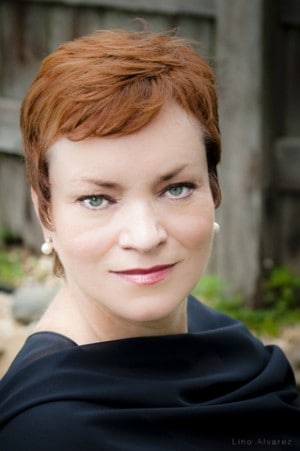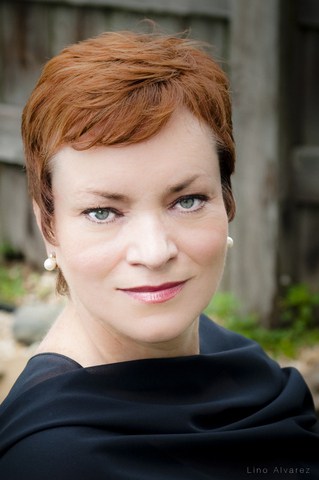
As the risk of sounding preposterous, the current offering of the Philharmonia Baroque Orchestra is no ordinary PBO concert. Prefaced by a pre-concert discussion between conductor Nicholas McGegan and director Bruce Lamott, the positively bacchanalian Alexander’s Feast brought this 2011-2012 season to a close.
Alexander’s Feast was written by Handel in 1697, who repeatedly trotted it out as a moneymaker. The piece fell into disfavor in Victorian times, largely because it lacked a religious theme. However, it was so well known that the Westminster Abbey statute of Handel includes a bound folio of Alexander’s Feast tucked under Handel’s left elbow. The PBO has not performed this piece in 1988. After this week’s spell-binding concerts, one hopes that they will eventually record it.
Technically not an oratorio, Alexander’s Feast moves quickly largely because it lacks the third da capo section found in many A-B-A type oratorios. Instead, individual sections flows quickly between recitative arias and chorals and then moved on. Given that the soloists were none other than soprano Dominique LaBelle, tenor Dann Coakwell, and baritone Philip Cutlip the treatment of the arias was spellbinding.
The libretto was derived from a work by British poet laureate Dryden. Beginning with the lines:
Twas at the royal feast, for Persia won
by Philip’s warlike son
Aloft in an awful state
The god-like hero sate
On his imperial throne.
the piece quickly establishes that this is a feast – the feast of St. Cecilia, patron saint of music.
The first half of the evening was dominated by Dominique Labelle. If you were stone-cold deaf and not immediately won over by her honey-toned coloratura, you’d be taken in by her laugh-aloud simpering treatment of several airs. Ever the coquette, she “sigh’d and look’d, sigh’d and looked, sigh’d and looked and sigh’d again.” Her theatrics alone are worth the price of admission.
The second half of the evening belonged to Dann Coakwell and Philip Cutlip. Since the concert, I’ve downloaded a half-dozen treatments of the air “The king seiz’d a flambeau,” and none of them comes anywhere close to Coakwell’s treatment. Likewise, the ferocity of Cutlip’s “Revenge, revenge, Timotheus cries” gave the second half an intensity not found earlier in the evening.
After an evening such as this, one waits with baited breath for the 2012-2013 season.



